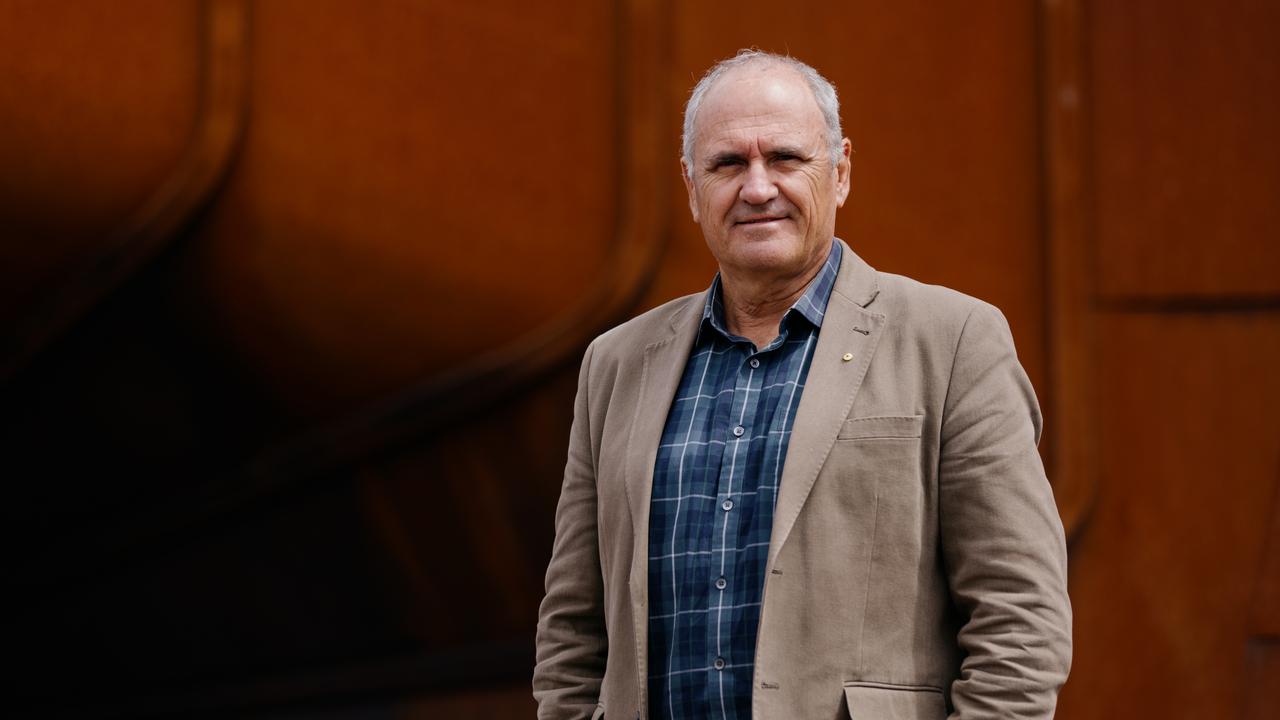2020 CEO Survey: David Neal, IFM
Japan and South Korea are significant global growth areas and IMF is focused on increasing its presence there, says chief David Neal.
What are the three enduring lessons or changes to flow from COVID-19?
A big lesson from the pandemic has been how important it is to have a properly resourced team. With the majority of businesses globally experiencing distress, it was vital to be able to mobilise well-resourced, experienced teams to work closely with our assets to help ensure they had the liquidity and capital they needed and support them in developing the operational plans to protect both financial value and the safety of their people. We were able to move our people to the work from home environment seamlessly and they have all shown incredible resilience throughout the year.
The importance of diversification has been front of mind once again. Whatever you are investing in, the importance of making sure you are not tied up in one asset class or asset sub-sector can’t be understated.
When the pandemic first hit Australia, there was a sense that we were all in this together. There was significant collaboration between governments, business and unions – from National Cabinet to the National COVID Coordination Commission. As we rebuild the economy, I would hope that this collaboration continues – we’re going to need it.
How would you rate the shape of the Australian economy as we head into the new year?
Overall, while the depth of the initial shock to the Australian economy was not as deep as expected and certainly not as deep as other parts of the world, the pace of recovery may be more modest than initially expected.
It’s a welcome development that Victoria is opening up and our domestic borders are coming down – that puts Australia in a good position, ahead of any rollout of a working vaccine.
There are still many unknowns, but I am cautiously optimistic about the investment outlook both in Australia and globally, with a vaccine providing the potential for return to greater normalcy.
What three reforms are needed to sustainably grow the economy?
Australia has strong investment fundamentals and confidence ultimately comes down to a healthy economy and sound policy and regulatory settings. Stability around those settings is vital for investment and economic growth.
But in parts of the economy, like the super and energy sectors, we are seeing ongoing tinkering and ad hoc policy interventions. If greater instability comes into the equation, it makes it much harder for the long-term investor to commit. And that hurts retirement returns for working people and it hurts the economy.
There are billions of dollars in superannuation ready to be unlocked to help build productive infrastructure in Australia. We believe this has the potential to create thousands of jobs, grow the superannuation returns of working people, while delivering to the public the benefit of better infrastructure now and into the future. To not tap into this pool of capital would be a wasted opportunity.
The supports put in place for workers and business during the pandemic have been vital in keeping confidence in the economy. As Australia comes out of the COVID-19 recession, the recovery is expected to take some time so it would be preferable that governments err on the side of caution when it comes to removing that support.
What are the three best growth opportunities for your company in 2021?
We continue to look closely across our asset classes at potential investments. Despite COVID-19, a good long-term investment continues to be a good long-term investment.
In particular, we are actively engaging with the UK government and the incoming Biden administration in the United States about utilising pension fund capital to invest in vital infrastructure projects. Both have indicated that they will seek to stimulate and rebuild their economies through significant infrastructure investment.
We are putting forward a new way of financing infrastructure, which would see long-term equity partners like IFM Investors partner more closely with national, regional and local governments. We believe this has the potential to be a win for taxpayers and a win for workers: it will help grow workers’ superannuation returns, while delivering them the public benefit of better infrastructure now and into the future.
We see markets like Japan and South Korea as significant areas of growth globally and our focus is on increasing our presence in this region.
We are watching closely the commitments being made in this region regarding net zero carbon emissions by 2050, as IFM has made a similar commitment. Government policies in Japan and South Korea are very supportive of renewable investment which has increased the number of projects that have been developed in the past few years. In the coming years, we expect a large number of offshore wind projects to come to market in this region.
We are also seeing appetite growing in the region for greater investment in infrastructure. IFM offers a solution for those investors who want to do that both on the infrastructure debt and the infrastructure equity side.
We intend to grow our private equity footprint significantly in 2021. We have a tremendous PE team scouting opportunities and awareness is really growing in the business community that partnering with long term, patient superannuation capital to grow a business is a great option. We have made significant strides in this area this year and we expect that to continue.
What impact will digital transformation have on your company?
COVID-19 has accelerated IFM’s upgrading of its IT systems. We expect this will enable us to make more of our work cloud-based and facilitate ongoing remote work by staff, as required.
How would you rate business, state and federal government performance this year?
In extremely difficult circumstances, I think all levels of government and business have performed well.
The support for businesses and individuals who lost their jobs through no fault of their own has been well-targeted and has allowed them to come back once restrictions started to be lifted. Monetary and fiscal policy settings have been complementary and business has played its part in supporting their respective workforces.




To join the conversation, please log in. Don't have an account? Register
Join the conversation, you are commenting as Logout